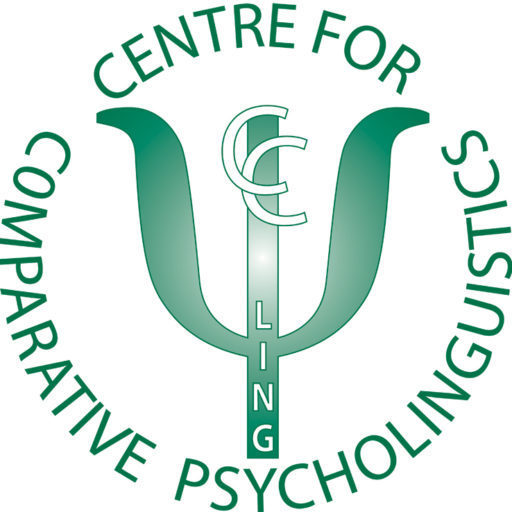Gary Libben (Brock University)
Understanding how words are represented and processed in the mind offers a privileged window to how the human mind represents language structures and how linguistic forms are linked in the mind. We learn new words throughout the lifespan. An educated adult will likely have acquired more than 100,000 words. A multilingual will have acquired many more. Most of these words will be morphologically complex, allowing for the development of a dynamic network of morphological associations that enable new words to be both understood and created with relative ease. It is perhaps this ability that is the true foundation of language creativity.
In this course, we will explore the nature of this dynamic lexical ability and the psycholinguistic techniques that enable us to gain insight into it. We will concentrate on simple innovative experimental techniques that can be employed without extensive laboratory equipment, used across populations, and used to examine both lexical production and comprehension across languages.
Examples of these techniques using English, French, Hebrew, Italian and German will be presented and we will discuss both monolingual and bilingual lexical processing of compound and complex words.
A key feature of the course is the hands-‐on experience for students in developing a full morphological processing experiment from design to implementation to analysis. No prior experience in psycholinguistic experimentation or statistical analysis is assumed.
Thus the objectives of this course are to provide the student with:
- An overview of the key issues in the processing of complex words across languages and populations.
- An understanding of the methodological issues in the field of lexical processing.
- An introduction to the use of new behavioural methods to conduct psycholinguistic experiments that target the fundamental nature of lexical ability.
- Concrete experience in designing, carrying out, and analyzing a morphological processing experiment using these new behavioural techniques.
